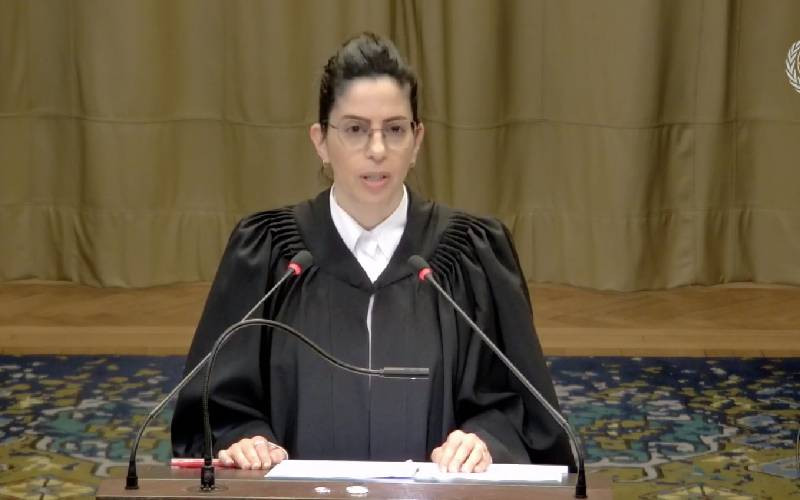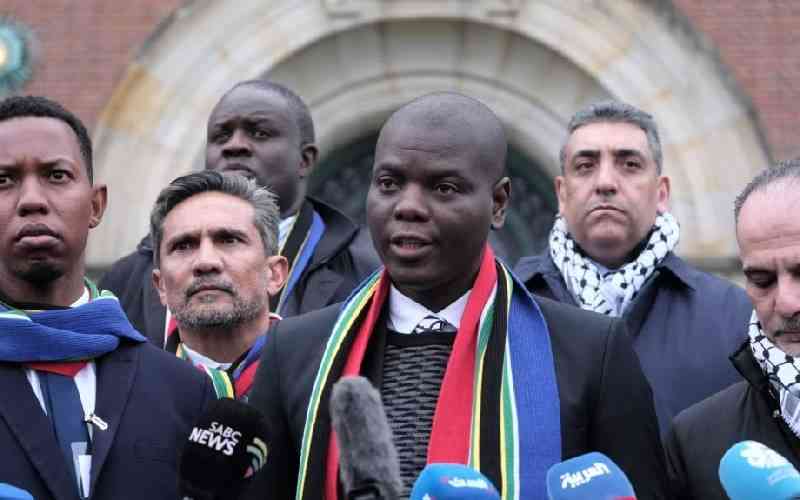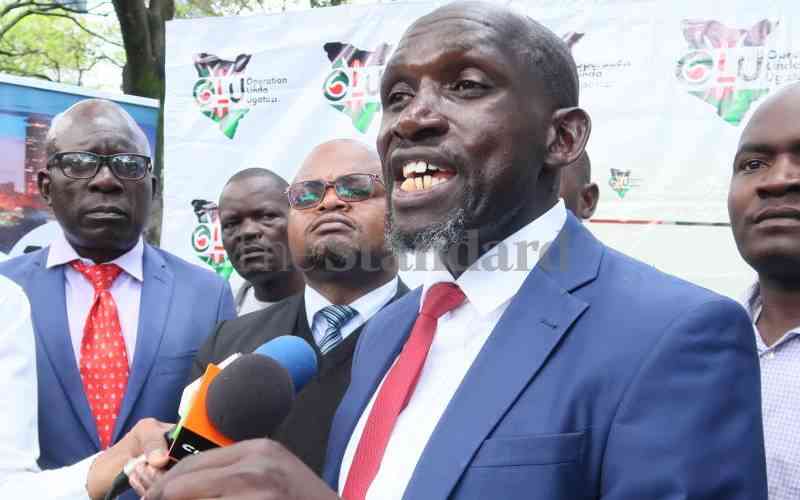By Mark Oloo in The Hague
The International Criminal Court (ICC) has started pushing more countries to sign the Rome Statute and to renew cooperation that would see arrest warrants enforced.
Representatives of member states are meeting in The Hague on Wednesday for a review conference of ICC.
The talks will centre on a plan of action towards achieving full universality of the statute, which created the court in July 2002 to try crimes of concern to the international community.
“We expect a lot of cooperation because the ICC needs practical support since every country shares the same value that justice is necessary,” ICC Spokesman Fadi El Abdalla told journalists at The Hague on Tuesday.
Several countries like US, Russia, China and India are yet to join it, slowing the court’s ability to exercise criminal jurisdiction over those responsible for international crimes.
Thirty-three out of the 121 members are African countries. The statute was adopted by states in July 1998 but the court only started operations when 60 countries ratified the treaty in 2002.
The assembly, which convenes at the World Forum in The Hague until November 22, is the ICC’s management oversight and is composed of representatives of countries, which have ratified and acceded to the Rome Statute.
Elect deputy
Suspects indicted by the court like Sudan President Omar Al Bashir and Joseph Kony of the Lord’s Resistance Army in Uganda, are yet to be arrested, a situation ICC officials blame on none cooperation by some members.
Fadi said the conference would also discuss the election of a deputy prosecutor and the court’s budget for 2013. Mr Harold Koh, the US legal adviser, will also be at The Hague to discuss his country’s position on the ICC.
Place of victims
Other matters lined up include discussions on a report on trust fund for victims, election of the registrar, review on complementarity and the impact of the Rome Statute on victims and affected communities. There will also be general discussions and presentations by civil society representatives.
The conference comes up at a time the court is battling challenges arising from lack of goodwill from some countries, and accusations of focusing its trials on Africa.
Seven of the court’s engagements are in Africa, involving Kenya, DRC, Central Africa Republic, Libya, Mali, Sudan, Uganda and Ivory Coast.
Stay informed. Subscribe to our newsletter
Deputy Prime Minister Uhuru Kenyatta, Eldoret North MP William Ruto, former Head of Civil Service Francis Muthaura and journalist Joshua Sang have their trials at The Hague court set for April next year.
Fadi said contrary to claims the court was only focusing on Africa, it had launched preliminary investigation in other regions, including Columbia, Afghanistan, Georgia and South Korea and that a decision would be taken on them early next year.
The court has the mandate of trying war crimes, crimes against humanity and genocide and only deals with crimes relating to violations of international humanitarian law.
Since inception, it has issued 22 arrest warrants, two of which were withdrawn following suspects’ deaths. There are five suspects in its custody while 12 others remain at large.
 The Standard Group Plc is a
multi-media organization with investments in media platforms spanning newspaper
print operations, television, radio broadcasting, digital and online services. The
Standard Group is recognized as a leading multi-media house in Kenya with a key
influence in matters of national and international interest.
The Standard Group Plc is a
multi-media organization with investments in media platforms spanning newspaper
print operations, television, radio broadcasting, digital and online services. The
Standard Group is recognized as a leading multi-media house in Kenya with a key
influence in matters of national and international interest.
 The Standard Group Plc is a
multi-media organization with investments in media platforms spanning newspaper
print operations, television, radio broadcasting, digital and online services. The
Standard Group is recognized as a leading multi-media house in Kenya with a key
influence in matters of national and international interest.
The Standard Group Plc is a
multi-media organization with investments in media platforms spanning newspaper
print operations, television, radio broadcasting, digital and online services. The
Standard Group is recognized as a leading multi-media house in Kenya with a key
influence in matters of national and international interest.








